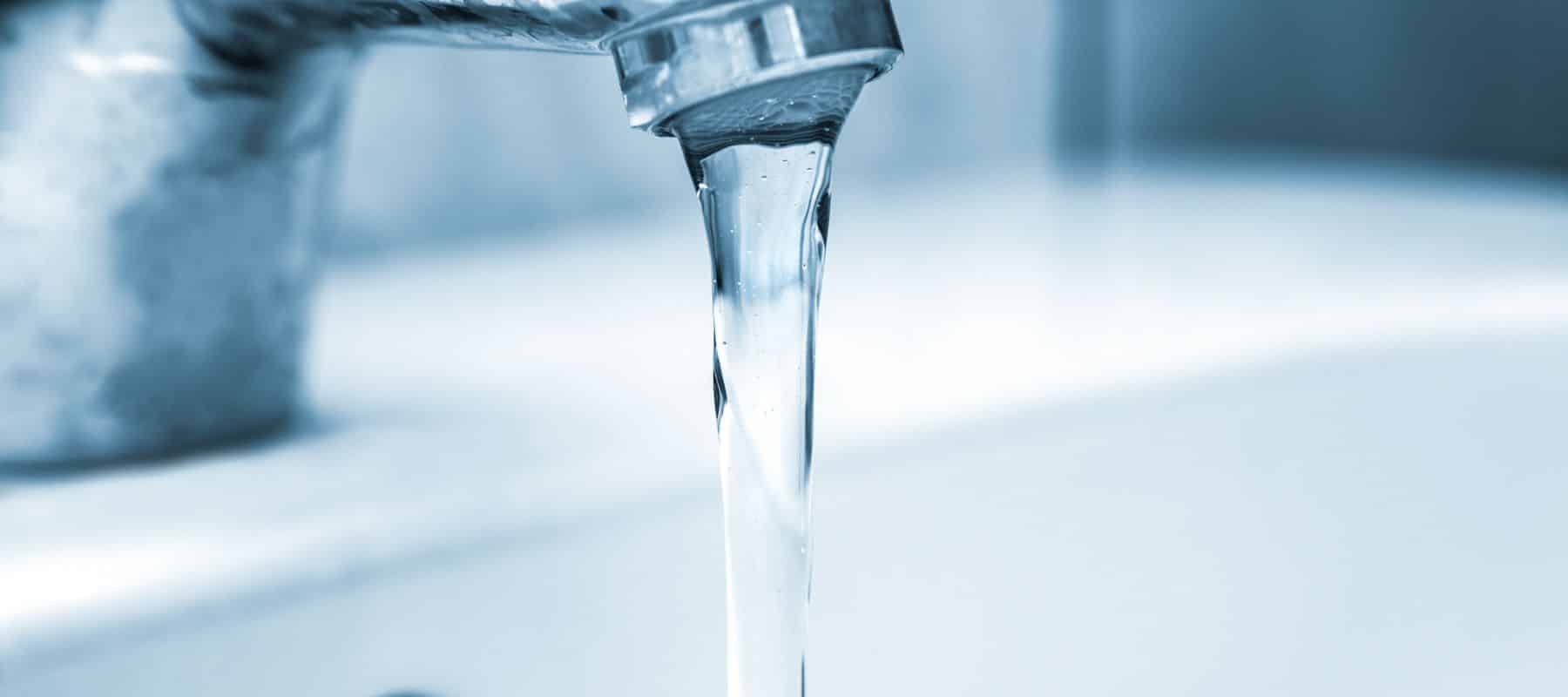If you live in the Tucson area, you should know that Arizona has some of the hardest water in the country. Hard water is determined by magnesium and calcium content. Water is “hard” if it has between 7.0 and 10.5 grains per gallon (gpg) of these dissolved minerals. But even readings over 1.0 gpg are considered “slightly hard” and can cause problems. Anything above 10.5 gpg is considered “very hard.”
The hardness of Tucson’s water is off the charts, typically about 12.0 gpg. The minerals can make your water taste funny, damage your skin and hair, and wreak havoc on your plumbing system and appliances.
If you’re ready to combat the hard water flowing from your tap, you may wonder—do you need a water softener or a water conditioner? Learn the difference between these two terms to help you make an educated decision.
What is a Water Conditioner?
Any water treatment device that improves water quality is considered a “water conditioner.” This broad term refers to water softeners, reverse osmosis systems, carbon filtration, and UV light purifiers. Water that has been conditioned may be soft, but not all types of water conditioners aim to soften the water.
Here’s how some of the most common water conditioners work:
- Water softeners remove calcium, magnesium, and other minerals from the water via ion exchange.
- Reverse osmosis systems begin by passing water through a pre-filter to remove chlorine and sediment. Then water is forced through a semi-permeable membrane to remove dissolved solids. A post-filter gives the water a final polish.
- Carbon filtration runs water through a granular activated carbon filter to remove chlorine, sulfur, and other unwanted chemicals.
- UV light systems purify the water with concentrated ultraviolet energy in specific wavelengths known to have germicidal properties.
Benefits of Hard Water Treatment
Have you ever noticed chalky white buildup on your plumbing fixtures? Does your skin ever feel itchy after getting out of the shower? Are your drinking glasses looking more and more etched as time goes by? If so, you’re familiar with some of the problems associated with hard water. Here are the benefits you can expect from installing a water softener system:
- Reduced calcium buildup: When hard water evaporates, magnesium and calcium deposits are left behind, creating an unsightly buildup on your faucets, shower doors, coffee pot, dishwasher, and washing machine. This can eventually lead to corrosion. Soft water reduces this buildup.
- Fewer plumbing clogs: Most of the minerals in hard water flow down the drain, where it clings to the inside of your pipes. Over time, this can lead to sluggish sinks, showerheads, and drains. With soft water in your plumbing system, mineral buildup can’t become a source of clogs.
- Softer skin and hair: If you have always showered in hard water, you may not know any other way. But rest assured that when you start washing your hair and skin in soft water, you’ll feel cleaner and more refreshed.
- Preserved dishes and clothing: When you have hard water, you’re bound to see fogging and etching on your dishware and spotting on your silverware. You’ll notice faded clothes and towels not as soft as they once were. Keep these investments looking and feeling newer longer with a water softener.
Install a Water Softener or Another Type of Water Conditioner
AquaZona installs a range of independently certified whole-home water conditioners to meet your water quality needs. With our help, you’ll enjoy cleaner, safer, better-tasting water than ever before! Contact us today to learn more about choosing a water treatment system for your Tucson, AZ home.




